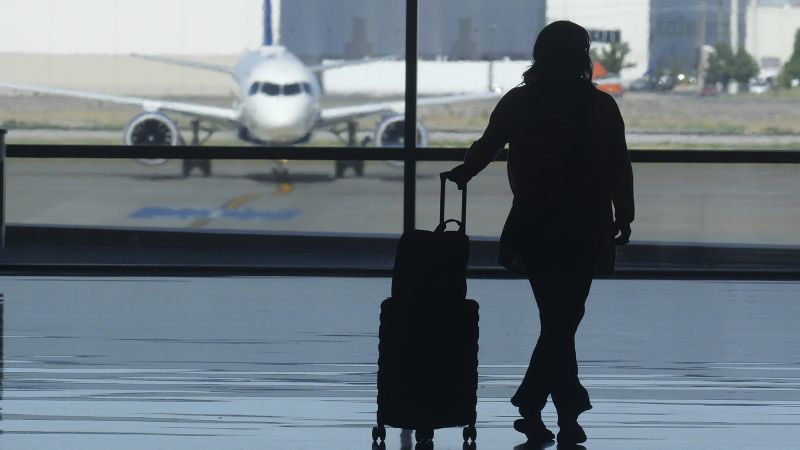Frequent flyer programs have become an essential component of the airline industry’s profitability, supported by the billions of dollars that banks and credit card issuers pay to airlines in exchange for bulk miles to reward cardholders for purchases. These programs are crucial for generating profits necessary for airlines to remain operational, capturing the attention of federal regulators due to their significant role in air travel. Delta Air Lines, American Airlines, and United Airlines all reported substantial revenue from co-branded cards and partnerships, underscoring the reliance that major carriers have on frequent flyer programs for financial stability.
While the revenue generated from selling miles to credit card companies does require airlines to provide flights for those miles, the profit margin for this aspect of the business is substantial at about 50%. This level of profitability is significant in an industry where overall profit margins are typically in the single digits, demonstrating the importance of frequent flyer programs as a revenue source for airlines. In particular, loyalty programs serve as a way to incentivize travel and foster customer loyalty in a highly competitive market.
However, frequent flyer programs are now facing increased scrutiny, with the Department of Transportation launching an investigation to ensure consumer fairness. Concerns about potential legislation capping fees for credit card companies that could impact rewards programs have been raised, prompting United CEO Scott Kirby to suggest that such measures could eliminate rewards programs altogether. Despite these challenges, the airline industry has defended the value of loyalty programs, emphasizing their importance in offering benefits to consumers.
From a consumer perspective, frequent flyer programs can offer good deals as long as credit card balances are paid off and high interest rates are avoided. It is crucial for consumers to value and utilize their miles efficiently, ensuring that they are not overcharged when redeeming miles for flights. During the pandemic, revenue from credit cards became a lifeline for airlines as air travel nearly halted, underscoring the critical role that frequent flyer programs play in sustaining airlines during challenging times.
While frequent flyer programs may be seen as valuable assets, particularly during times of financial strain, analysts note that their true worth is inextricably linked to the overall operations of the airlines. The synergy between the value of the programs and the value of the airlines’ core operations highlights the interconnected nature of loyalty programs and airlines. Overall, frequent flyer programs are recognized as essential for airlines not only for their direct profitability but also for their ability to attract and retain customers through loyalty incentives.


